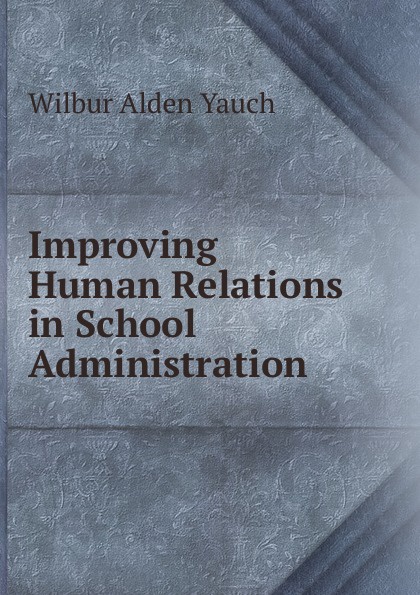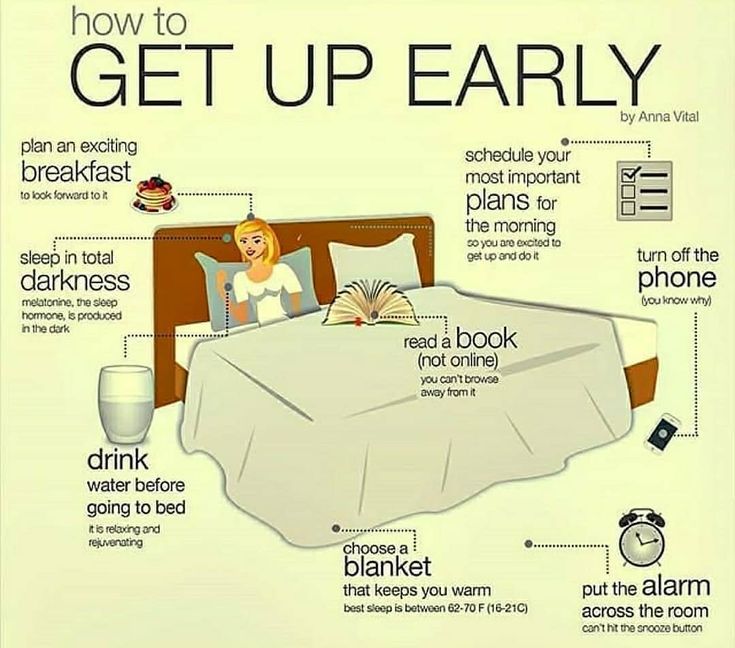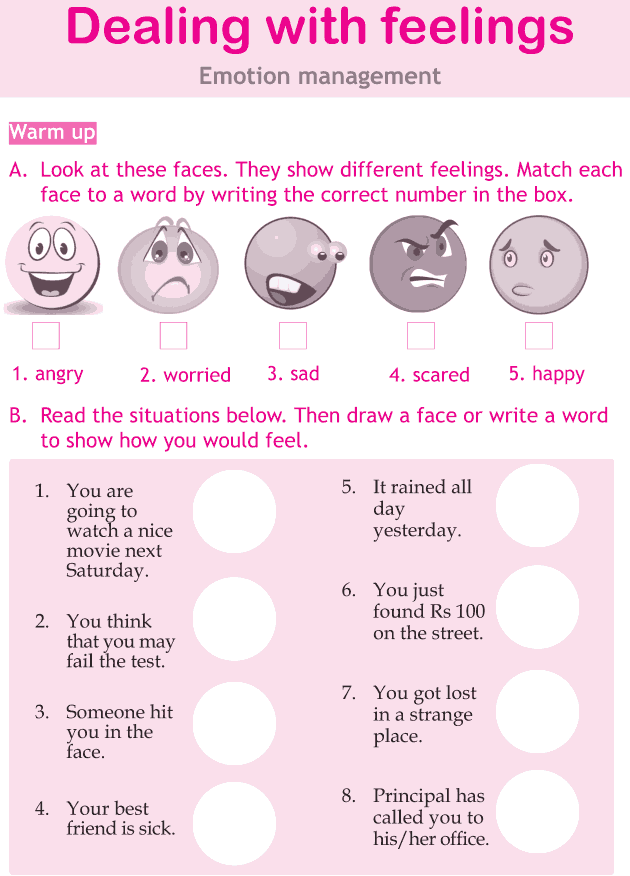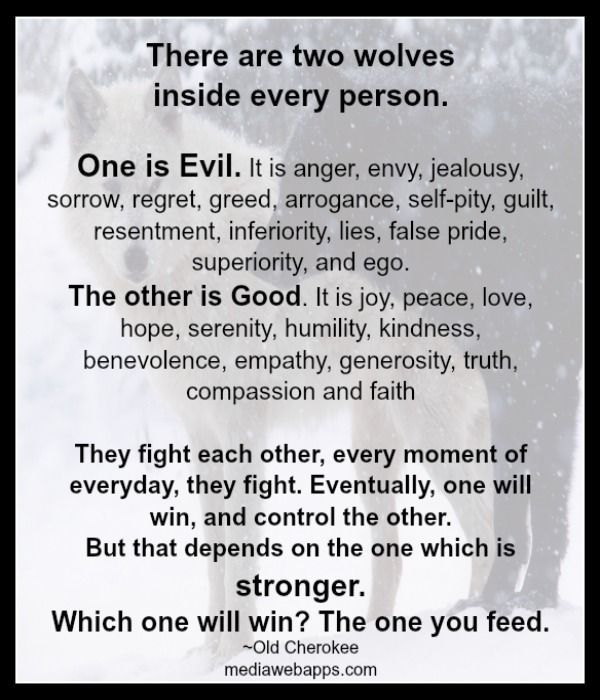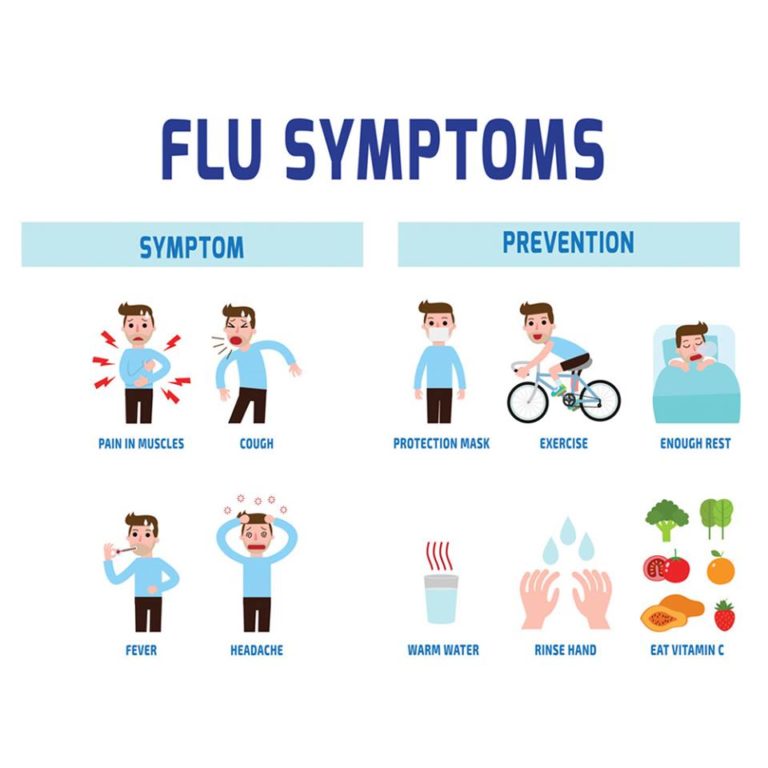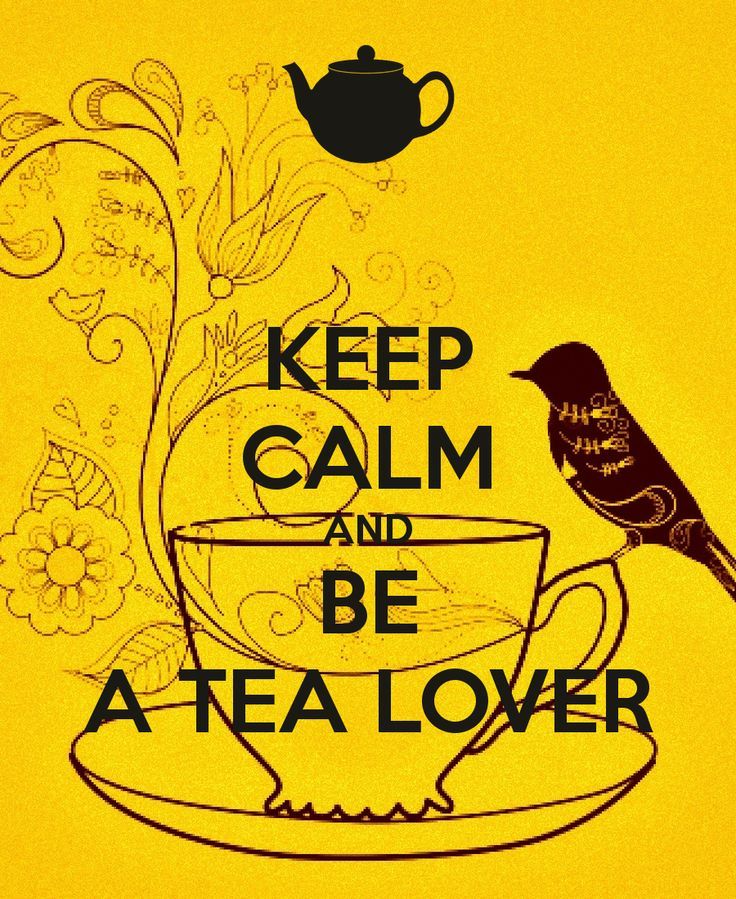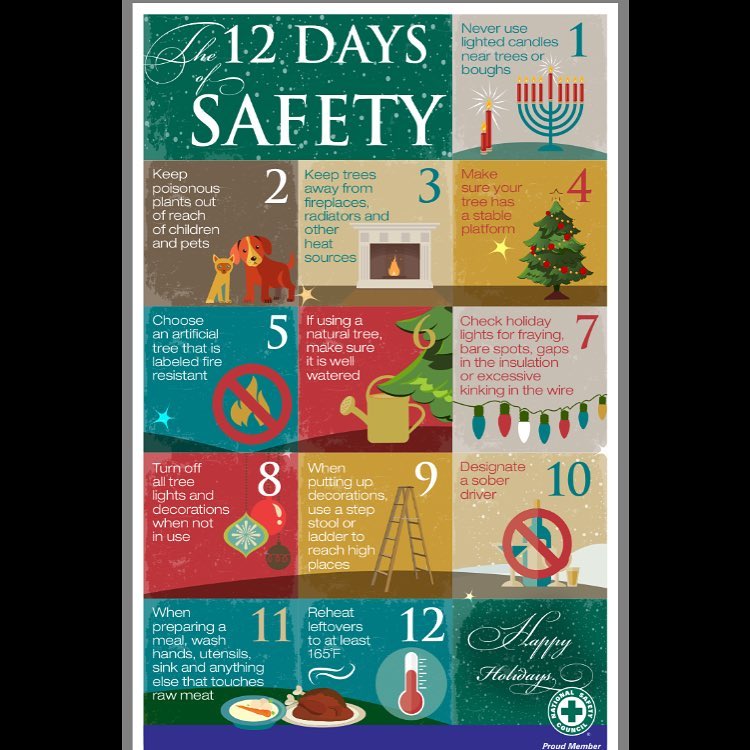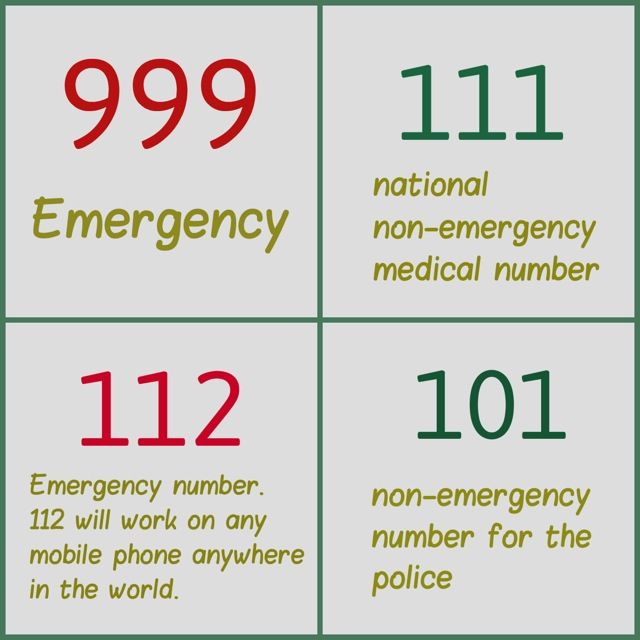Books about human relationships
7 Must-Read Books That Will Help You Better Your Relationships
Despite what Disney might have led us to believe, it takes work to better our relationships. Anyone who says otherwise is either lying (at least to themselves) or divorced from reality (pun intended). Whether we’re talking partners, friends, family, colleagues, flatmates, or another context altogether, relationships are a skill.
The good news is this means we can get better at them. The bad news is it can be haaaard, you guys. But it’s totally 100% worth it. After all, relationships are the lifeblood of our existence and they teach us more about ourselves than we could ever hope to learn on our own.
Being married all of 18 months, I don’t consider myself anything close to an expert in this field but luckily for me (and my relationship), plenty of wise and knowledgeable people have written useful books that attempt to answer the perennial question of “how to relationship.
”
Here are a few of my favourites:
The 5 Love Languages by Gary Chapman
The 5 Love Languages has a simple but powerful concept: each one of us has one of five possible dominant “love languages” and most issues in our long-term romantic relationships are caused by mismatched languages. The good news is we can easily figure out what our love language is, along with that of our partner’s, and learn to speak each others lingo.
In my (totally amateur) opinion, I don’t share the author’s conviction that just speaking the same language is enough for a relationship to thrive, but this book is an interesting read and offers a useful and practical insight into simple improvements we can all make.
Best for: Ironing out those “What is this really about?!” conversations where you just seem to keep missing each other, learning simple but effective ways to do nice things for each other.
Boundaries: Where You End and I Begin by Anne Katherine
This book (along with Where to Draw the Line: How to Set Healthy Boundaries Every Day by the same author), is a great primer in what healthy boundaries are all about. Anne Katherine explains the different kinds of boundaries we encounter in all kinds of relationships. As well as giving a clear breakdown of what boundaries look like in practical terms, she also gives examples of how to communicate boundaries in different circumstances (including with people who are totally oblivious to social cues).
Anne Katherine explains the different kinds of boundaries we encounter in all kinds of relationships. As well as giving a clear breakdown of what boundaries look like in practical terms, she also gives examples of how to communicate boundaries in different circumstances (including with people who are totally oblivious to social cues).
Best for: A crash course in boundaries 101, how to say “no” in a firm but respectful way, permission to have standards when it comes to relationships.
Games People Play: The Psychology of Human Relationships by Eric Berne
This classic psychology book is an eye-opener, both regarding why certain kinds of interactions are so frustrating, and also to our own unconscious-but-less-than-constructive behaviour.
Before I read this book, I found the “Yes, but…” game incredibly annoying when it came from other people (you’ll know what I mean when you read about it), but upon reading I realised it’s something I totally do myself at times too! Shadow side much?
As well as describing the most common “games” and giving practical examples of what these look like, Eric Berne (the grandfather of transactional analysis) also shares how to disengage from each game and get the interaction back onto a more equal footing.
Best for: Minimising drama, learning more about your own communication, getting clarity on odd relationship dynamics.
Getting Real: 10 Truth Skills You Need to Live an Authentic Life by Susan Campbell
This is another practical no-fluff book about how to be more authentic in relationships. Susan Campbell explores why we struggle with this and sets out 10 skills we can all cultivate to enjoy more real and fulfilling interactions with others.
You can check out our Psychology Book Club conversation about this book here and my interview with Susan about her latest book, Five-Minute Relationship Repair, for the Becoming Who You Are podcast here.
Best for: Showing up more fully as yourself, learning to resolve conflict in a constructive and growth-inspiring way.
Getting the Love You Want: A Guide for Couples by Harville Hendrix
This book goes deep into the origins of common relationship issues and sheds light on how you can heal and resolve them.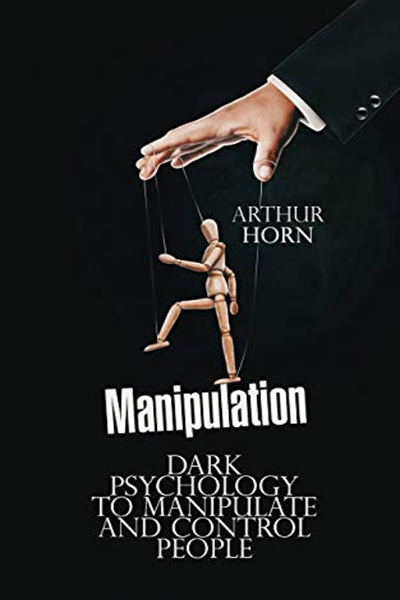 It’s not an easy read per se, as a lot of the concepts challenge traditional ideas about relationships and can deal with painful topics. It is, however, a valuable tool for any couple who wants to communicate better and show up with more empathy and understanding.
It’s not an easy read per se, as a lot of the concepts challenge traditional ideas about relationships and can deal with painful topics. It is, however, a valuable tool for any couple who wants to communicate better and show up with more empathy and understanding.
The book is marriage-focused but the concepts apply to any partnership. As well as plenty of theory, there are also 16 useful exercises you can do with your partner
Best for: Learning how to revitalise relationships once the initial “buzz” has worn off, improving communication and emotional intimacy.
Non-Violent Communication: A Language of Life by Marshall B. Rosenberg
This book seems to be a bit like Marmite: people either love it or hate it. In my experience, a lot of the hate comes from listening to people proselytising “NVC-speak” (and doing a hack job at it), at which point it just sounds contrived and a tad pretentious.
Regardless, I love this book (even though it’s endorsed by Deepak Chopra). Not only has it helped me in my relationships with others but it’s been invaluable in the context of my relationship with myself too. As someone who never even consciously considered having needs until well into adulthood, the concepts inside have been a gateway to a deeper understanding about myself and helped me become a more empathic and understanding towards other people too.
Not only has it helped me in my relationships with others but it’s been invaluable in the context of my relationship with myself too. As someone who never even consciously considered having needs until well into adulthood, the concepts inside have been a gateway to a deeper understanding about myself and helped me become a more empathic and understanding towards other people too.
Just remember to use the language sparingly, and don’t hide behind it to avoid saying what you really mean 🙂
Best for: Getting in touch with your feelings and needs (dude), learning how to tentatively “read between the lines” when it comes to what other people are saying, becoming a black belt empathy ninja.
Daring Greatly: How the Courage to Be Vulnerable Transforms the Way We Live, Love, Parent and Lead by Brené Brown
Daring Greatly isn’t a relationship book per se, but it is a wonderfully inspiring read about vulnerability—a key ingredient when it comes to any relationship. If you’ve been around the personal development world all of five minutes, you’ve probably heard of Brené’s work, if not her unforgettable TED talk, so this book probably doesn’t need much introduction.
If you’ve been around the personal development world all of five minutes, you’ve probably heard of Brené’s work, if not her unforgettable TED talk, so this book probably doesn’t need much introduction.
Suffice to say: read it. It’s a moving, heart-warming battle cry to show up with more courage in our relationships.
Best for: Those times when you need to get back in the relationship arena, a gentle nudge towards showing up with more vulnerability and authenticity in your relationships.
What are your favourite books on relationships? Leave a comment and share your recommendations!
Further reading: The best books on personal development and creativity & the powerful 3-word phrase that makes me a better person
bookscommunicationrecommended readingrelationshipsvulnerability
5 Relationship Books Everyone Should Read
Written By Mark Manson – filed under Dating Advice | Relationships
Here’s something you may or may not expect: I drown in fucking emails.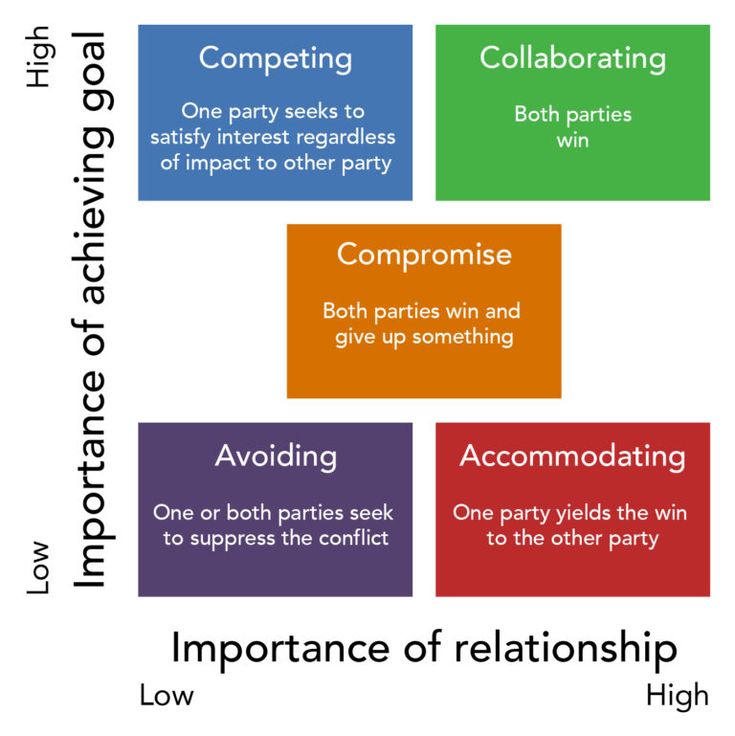 I know everyone says that. Everyone gripes about their overflowing inbox. But I’m serious here. Every time I log in, I’m like a kid in a pool who forgot he’s wearing a floaty: it’s just pure unadulterated panic. I get up to 1,000 emails per week. And that’s not counting spam. That’s 1,000 relevant emails that need to at least be acknowledged.
I know everyone says that. Everyone gripes about their overflowing inbox. But I’m serious here. Every time I log in, I’m like a kid in a pool who forgot he’s wearing a floaty: it’s just pure unadulterated panic. I get up to 1,000 emails per week. And that’s not counting spam. That’s 1,000 relevant emails that need to at least be acknowledged.
Roughly half of those 1,000 emails are from readers. Reader email comes in all sorts of varieties. You have fan mail (which is always appreciated, thanks). You have the haters. You have the weirdos. You have the thinly-veiled sales pitches. But most reader emails I get are looking for one thing: advice.
But here’s something else you may or may not expect: the vast majority of reader emails looking for advice involve some sort of relationship problem. Despite the fact that 80% of my writing has nothing to do with relationships, people with achy hearts seem to always find their way to me.
Most of the questions run along the same themes: one person loves someone more than they’re loved back; one person is treating the other poorly and no one knows what to do about it; one person wants out but doesn’t know how to say it.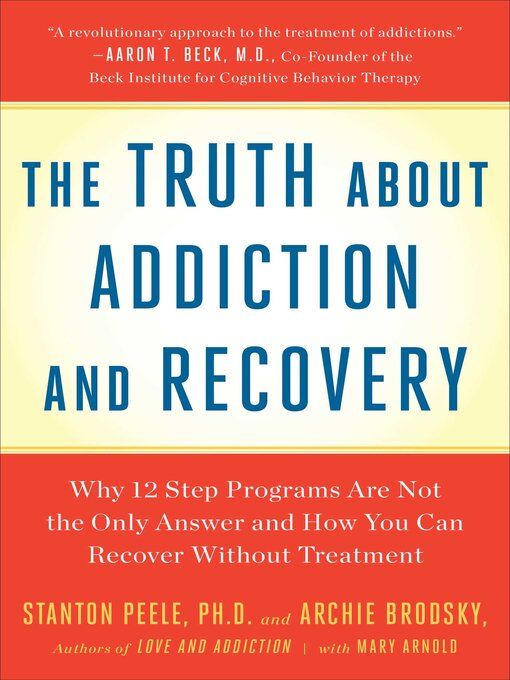 Most of the questions are dull to anyone who is not living them. They involve arguments about the dog and money and kids. They involve a cranky mother-in-law or a guy who doesn’t mow the lawn enough. They almost never involve orgies or cross-dressing or broken furniture… almost.
Most of the questions are dull to anyone who is not living them. They involve arguments about the dog and money and kids. They involve a cranky mother-in-law or a guy who doesn’t mow the lawn enough. They almost never involve orgies or cross-dressing or broken furniture… almost.
What’s fascinating about relationship problems is that people tend to think their problems are entirely unique and singular. The emails might as well open up with, “YOU’RE NEVER GOING TO BELIEVE THIS MARK, THIS IS THE ONLY TIME THIS HAS HAPPENED IN THE UNIVERSE.” Yet, all of the situations are almost identical. In some cases, comically so.
The problem is, I don’t know the person emailing me. And I certainly don’t know their partner. I don’t know their family. I don’t know their dog. So, it becomes difficult for me to comment with any certainty or authority. This emailer is saying his wife is a total bitch because she doesn’t floss after sex. But little did I know that she’s been begging him for years to trim his pubes.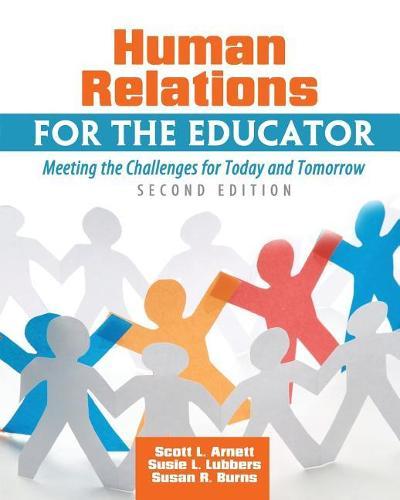
OK, weird example…
Anyway, in a never-ending effort to stymie the flood of emails in my inbox (you must understand), and in an effort to help people help themselves, here are some of the best/most important books on relationships that I’ve come across.
And if you’ve come here from an email reply to your romantic dilemma, just know: I love you and while you may be special and unique and extraordinary… your problem totally isn’t. Good luck.
Getting the Love You Want
by Harville Hendrix
What You’ll Learn: Why all your relationships seem to be fucked up in the exact same way. Why you keep dating people who act like your mother/father. Why most of your fights are about stupid and silly-seeming shit that you just can’t let go of.
Why It’s Good: I read Getting the Love You Want about 10 years ago and it blew me away. We are all vaguely aware of the Freudian idea that we end up dating our mothers/fathers and are doomed to repeat our childhood traumas in our adult relationships. But, at the same time, that idea has always felt like some superstitious bullshit. But then you grow up and get into a serious relationship and you start noticing that your partner leaves crap all over the house just like your dad did and holy fuck does it drive you insane because it reminds you of the chaos and unpredictability of your childhood and the point I’m trying to make is THAT IF YOU FUCKING LOVED ME YOU WOULD KNOW WHERE YOU LEFT YOUR KEYS GODDAMNIT!
But, at the same time, that idea has always felt like some superstitious bullshit. But then you grow up and get into a serious relationship and you start noticing that your partner leaves crap all over the house just like your dad did and holy fuck does it drive you insane because it reminds you of the chaos and unpredictability of your childhood and the point I’m trying to make is THAT IF YOU FUCKING LOVED ME YOU WOULD KNOW WHERE YOU LEFT YOUR KEYS GODDAMNIT!
Enter: Harville Hendrix. Hendrix gives an actual, logical, reasonable-sounding explanation for why our relationships rub against our sorest places so much. Basically, our interactions with our parents draw our “emotional maps” of what love means, what acceptance feels like, what being a good person is, etc. These maps then filter who we’re attracted to as an adult. We experience intense chemistry with some people because they, unbeknownst to us, reflect back our definitions of love, acceptance, compassion, and so on. Next thing you know, you’re sleeping with a chick who does all the same shit your mom did.
While knowing your parents’ fucked up definitions of love doesn’t necessarily fix anything, it does give you a bit of a roadmap to help you navigate your own love life. In fact, Hendrix calls these our “emotional maps.” We’ve all got them. And we all suck at reading them. So he’s here to help us.
What Kind of Break Up It Might Prevent: Repeating your parents’ divorce.
Hold Me Tight
by Sue Johnson
What You’ll Learn: How to not make your relationship problems worse; when to shut the fuck up and listen to your partner; how to not be such a selfish asshole? Maybe? (OK, maybe not.)
Why It’s Good: Sue Johnson is the originator of Emotionally-Focused Therapy (EFT) which has apparently won the Olympic gold medal for “therapeutic method that unfucks the most relationships”. Out of all of the forms of couples therapy and marriage counseling, EFT apparently has the highest hit rate of them all.
So what was Sue Johnson’s big breakthrough? It’s one of those things that sounds so obvious in hindsight, yet it somehow eluded psychologists for, oh, like 100 years.
Johnson realized that romantic relationships were largely driven by unconscious emotions and desires (sidenote: duh). The arguments and memories and identities–i.e., what most people focus on–in each person were therefore secondary to the underlying emotional pain. Johnson then had the brilliant idea of saying screw all that other stuff, if these are emotional problems, let’s try to find emotional solutions, and voila! People stopped hating each other as much.
Hold Me Tight is a great run through of a) the emotional patterns that emerge when we’re hurt and experiencing relationship problems, and b) the conversations we can have to help heal those patterns. It’s an easy read. And also wildly popular. It’s my go-to recommendation for any relationship that is on the ropes.
What Kind of Break Up It Will Prevent: The kind where you talk shit about your ex for the next six years because you have tons of emotional baggage you never unloaded.
7 Principles That Make Marriage Work
by John Gottman
What You’ll Learn: That fighting is natural.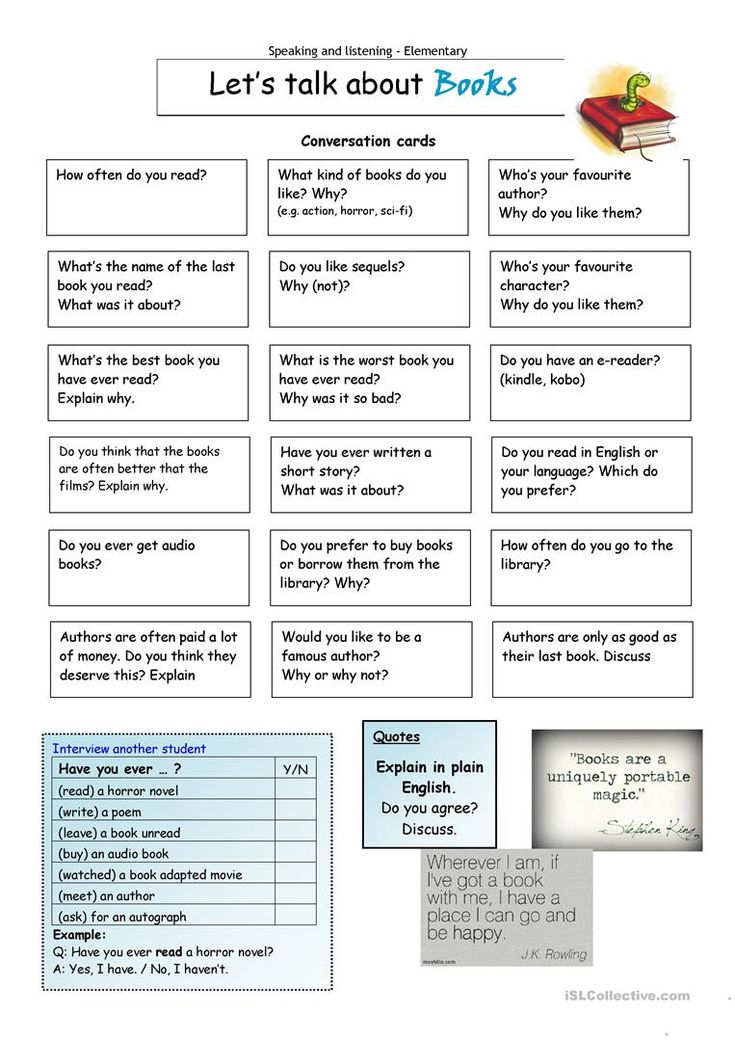 That not all issues need to be resolved. That the silent treatment is often as bad (or worse) than screaming your throat out. Basically, this book is a great primer on what actually makes a relationship work.
That not all issues need to be resolved. That the silent treatment is often as bad (or worse) than screaming your throat out. Basically, this book is a great primer on what actually makes a relationship work.
Why It’s Good: Gottman is like the Marco Polo of relationship research. He set off into territories unknown and brought quantifiable metrics and scientific rigor to an exotic academic subject: relationships. Before Gottman, all we had was grandma wisdom and the fucked up shit that Freud said. But Gottman trail-blazed his way to some of our first solid academic answers about what makes a relationship work and what causes them to break.
Gottman is most famous for studying conflict in relationships and developing a system where he could predict whether a couple would last another five years with something like 90% accuracy. Along the way, he’s uncovered all sorts of counterintuitive findings about what makes a relationship work in the long-term. He’s great.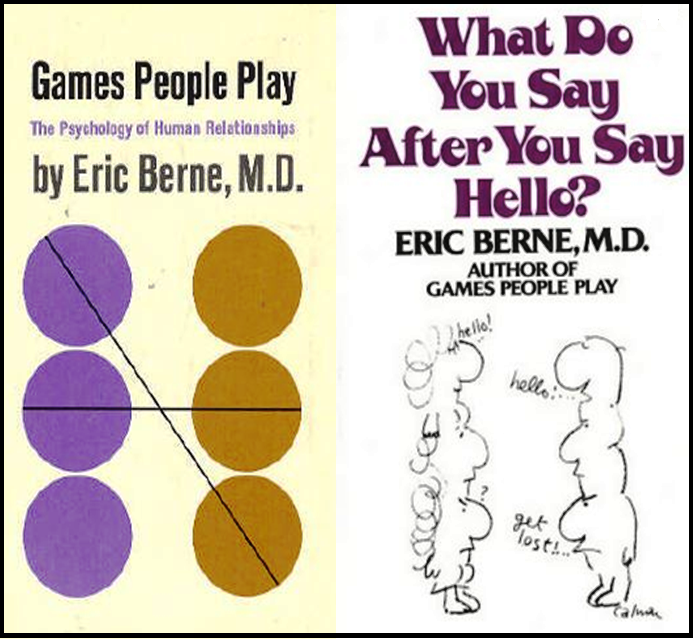
Gottman’s written a bunch of relationship books but I found this to be the most accessible and best-written. It’s also his most popular. Whereas Hold Me Tight is about how to fix things once they’re broken, 7 Principles That Make Marriage Work explains how to avoid breaking things in the first place.
What Kind of Break Up It Will Prevent: A really dramatic episode involving broken dishes and dented soup cans. If it ends, you’ll know it ended for the best.
5 Love Languages
by Gary Chapman
What You’ll Learn: A simple tool for understanding how people express and receive love. (SPOILER ALERT: Not everyone expresses or receives love in the same ways!)
Why It’s Good: 5 Love Languages is like the Harry Potter of relationship books: everyone’s read it (or they lie and say they’ve read it) and Gary Chapman is living in a secluded $100 million castle somewhere wiping his ass with royalty checks. This book has sold more copies than anyone knows what to do with, and it’s easy to see why: Short book. Simple premise. Powerful idea. And that idea sticks because it’s incredibly useful.
This book has sold more copies than anyone knows what to do with, and it’s easy to see why: Short book. Simple premise. Powerful idea. And that idea sticks because it’s incredibly useful.
The idea is that people express and receive love in different “love languages.” Physical touch, verbal affirmation, gift-giving, acts of service, and quality time. A lot of problems in relationships occur because one person is giving love in one language (lots of gifts, verbal compliments) and the other is looking for love in another language (quality time, physical touch). As a result, the person giving the love feels unappreciated and the person looking for love feels, well, unloved.
I just summarized like half the book in that paragraph. But it’s worth grabbing. It’s like $6 on Amazon and can be read cover-to-cover in a single afternoon. But the ideas will stick with you for a lifetime. When my wife and I moved in together, I bought her a copy and we’ve had a number of conversations about our love languages ever since. It really is amazing how useful the concept is.
It really is amazing how useful the concept is.
What Kind of Break Up It Will Prevent: The relationship might not work out, but at least you’ll never complain that your ex never did anything for you… okay, let’s be real, you’ll probably still complain.
Models: Attract Women Through Honesty
by Mark Manson
What You’ll Learn: I know it sounds like a “yo, pick up moar chicks, brah” book, but most of the first third of it is about how to develop emotional maturity and basically get your shit together and be a better human being.
Why It’s Good: OK, I know it’s awkward to hype my own shit. But this is my site, my article, so fuck it. I’m hyping my own shit! Besides, Models has been the bestselling men’s dating book for like six years running. Women and LGBT people have also read it and said they love it.
Seriously though, the reason the book has stuck around so long is because it addresses the emotional experience of dating–how we tend to idealize people; how we are often motivated by insecurity; how our desperation sabotages our relationships before they begin–and then walks people through how to level up their emotional game.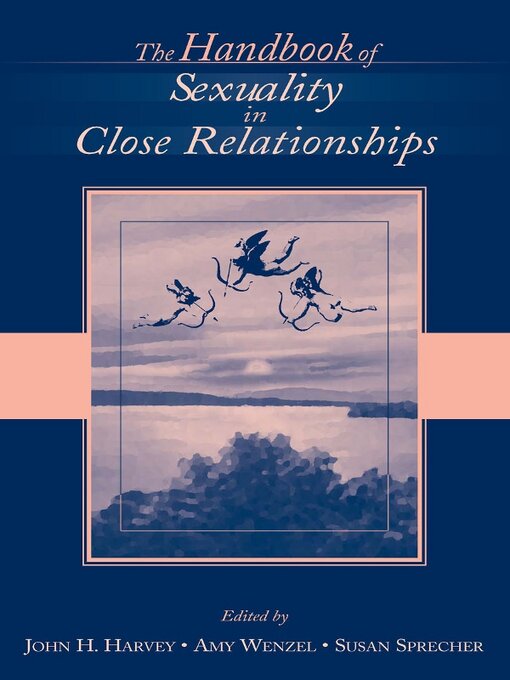 The book is entirely devoid of “lines” or “tactics” mostly because… well, when you’re honest about who you are and what you want, there’s no need for lines or tactics. When you live a life of honesty and integrity, dating merely becomes a matter of a) developing yourself into someone that you’re proud to share, and b) developing the courage to share it. That’s it!
The book is entirely devoid of “lines” or “tactics” mostly because… well, when you’re honest about who you are and what you want, there’s no need for lines or tactics. When you live a life of honesty and integrity, dating merely becomes a matter of a) developing yourself into someone that you’re proud to share, and b) developing the courage to share it. That’s it!
What Kind of Break Up It Will Prevent: Ideally it will help you pick the right person to begin with so the break ups won’t be necessary. When in doubt: Polarize!
Top 10 books about relationships and love
Anna Alymova, psychologist, editor of the blog about psychotherapy, specialist in the Alter psychologist selection service
Sue Johnson. "Hug me tight"
Advertising on RBC www.adv.rbc.ru
M: Mann, Ivanov & Ferber, 2018
Sue Johnson is one of the founders of Emotionally Focused Therapy. This direction of therapy helps to build a secure attachment and intimacy in a couple.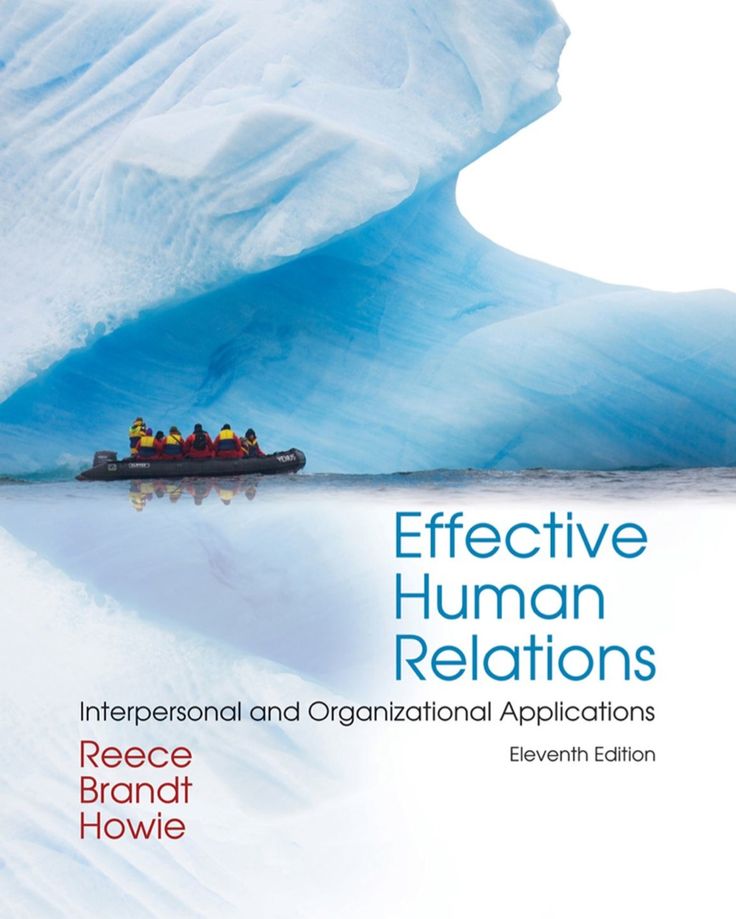 Johnson herself compared it to a pair dance. nine0003
Johnson herself compared it to a pair dance. nine0003
Most often, relationships deteriorate because people reproduce destructive scenarios. For example, during a quarrel, one of the partners pulls away, wants to be alone with himself and think about everything, while the other at this moment feels abandoned. From the feeling of abandonment, resentment and fear for the relationship deepens. I want to "catch up" with a partner, to reach out to him. This only increases the misunderstanding, which provokes a new quarrel - the cycle closes, the scenario can be repeated from time to time.
"Hold Me Tight" is a guide on how to recognize and deal with such scenarios. This is the foundation for building healthy relationships to start with. nine0003
"Hug me tight." Sue Johnson
© litres.ru
Marina Travkova. “Infidelity”
M: “Bombora”, 2021
You can get completely different answers to the question about attitudes towards treason. Someone will say that betrayal is a betrayal that cannot be forgiven.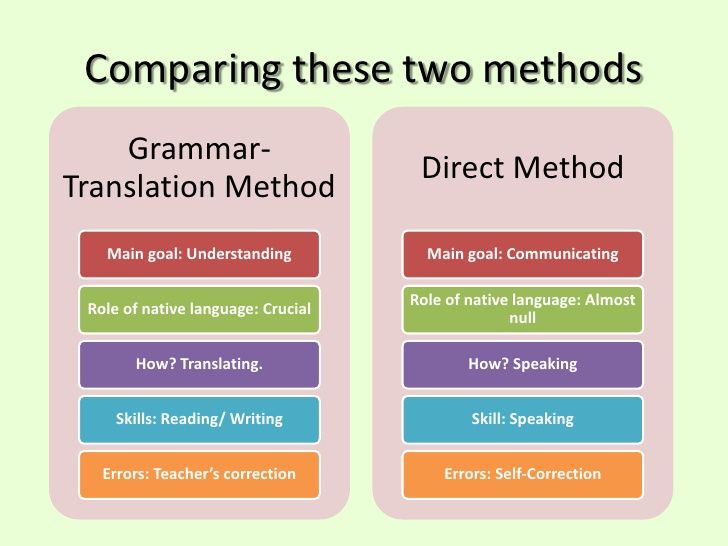 Someone - that everyone changes, just some do not hide it carefully enough. There is a position “men are polygamous and women are monogamous”. Who is right?
Someone - that everyone changes, just some do not hide it carefully enough. There is a position “men are polygamous and women are monogamous”. Who is right?
Sex therapist Marina Travkova explains why cheating happens, despite the fact that it can cause pain and destroy relationships. How both partners often unknowingly invest in cheating. And, finally, what to do if you stumbled upon the erotic correspondence of your husband or you were told bare facts in the forehead. nine0003
"Infidelity". Marina Travkova
© litres.ru
Amir Levin. Matching
M: Mann, Ivanov & Ferber, 2020
Do you like a scientific approach to relationships? Then you will love this book! It draws on attachment theory developed by the psychoanalyst John Bowlby.
Attachment is formed between a child and a parent (or guardian) in the first years of life. How this happens determines all our future relationships. Bowlby identified three types of attachment:
- Reliable
This is a healthy type of attachment that occurs when a child feels secure from the first years of life. He trusts the parent and is not afraid of the world. In relationships, securely attached people build intimacy calmly, don't fear rejection, and don't try to overly control their partner.
He trusts the parent and is not afraid of the world. In relationships, securely attached people build intimacy calmly, don't fear rejection, and don't try to overly control their partner.
— Avoidant
From the outside it seems that these people do not need relationships at all - they are so self-sufficient and cold. In childhood, they may have suffered from overprotection or misunderstanding on the part of the parent, so closeness for them is associated with insecurity. nine0003
— Anxious
Intolerance to loneliness, jealousy, self-doubt are signs of an anxious type of attachment. It is formed if a person has experienced the loss of parents, separation from them or lack of attention.
Matching Together helps you identify your relationship patterns and (if you wish) change them.
"We match each other." Amir Levin
© litres.ru
Berry and Janey Weinhold. "Liberation from codependency"
M: "Klass", 2002
Initially, psychologists understood codependency as only a relationship with a person suffering from addiction - alcoholism, drug addiction, gambling addiction. The term is now used more broadly and applied to relationships in which people give up their own needs and focus entirely on the other person. But this does not benefit anyone, but only destroys both.
Many people think that codependency is incurable. The authors of this book, using practical examples, show that this is not so. If you analyze the reasons for the formation of codependency, as well as systematically change the model of behavior, you can learn to build completely different relationships. nine0003
Breaking Free from Codependency is a set of specific instructions and tests to help track progress. In addition, the book contains stories from the psychological practice of the authors: what requests did clients make to them, how was the therapy going, and what was achieved.
"Release from codependency". Berry Weinhold, Janey Weinhold
© litres.ru
Daniel Wile. After the Honeymoon
M: Alpina Publisher, 2017
This book is not just for couples. It is dedicated to that period in a relationship when bright love subsided and we see each other with all the shortcomings, the difference in habits and interests. If you notice that after a couple of years the relationship ceases to please, it's not that no one is right for you. It can be fixed. nine0003
It is commonly believed that an ideal marriage is when you do not quarrel, understand each other perfectly and always agree on everything. But often the couples who make that impression are the ones who suffer the most. In intimacy between two people, conflicts inevitably arise. And this is not bad - they give us a chance to better understand each other. It is during difficult periods that the deepest intimacy is built in a couple, which should replace falling in love, says Daniel Wyle.
"After the honeymoon". Daniel Wyle
© litres.ru
Esther Perel. Always Welcome
M: Mann, Ivanov & Ferber, 2020
Psychotherapist Esther Perel explores the topic of sex in long-term relationships. Always Desirable is a reissue of her bestselling book Captive Breeding. How to reconcile eroticism and everyday life.
We are looking for a relationship of trust, stability and intimacy. And when we get it, we get bored. It is boredom and predictability that most often lead to betrayal - you want not just physical intimacy, but novelty and intrigue. nine0003
Esther Perel came to the conclusion that sexual desire requires distance between partners. Interest flares up when we look at a person as if from afar. And it is very difficult to constantly want someone whom you know from beginning to end, whom you see every day, with whom you will definitely fall asleep and wake up the next morning. And also life, household duties, raising children.
The problem seems to have no solution: after all, if desire requires distance, then what about the intimacy and comfort of partnerships? Perel found the secret of how to keep wanting each other, even in long-term relationships, avoiding sexual boredom and cheating.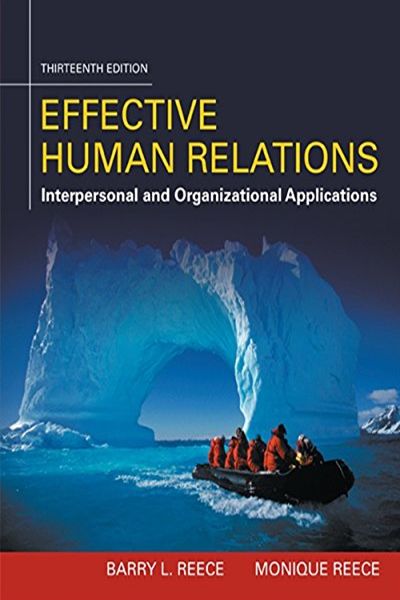 nine0003
nine0003
Always welcome. Esther Perel
© litres.ru
Carl Rogers. Marriage and Its Alternatives
M: Eterna, 2006
Carl Rogers is the founder of client-centered therapy. This direction was a real breakthrough in psychotherapy: it put the client and the therapist on an equal footing, based on humanistic values and the belief that each person can change for the better.
"Marriage and Its Alternatives" - Rogers' discussion of love and relationships. There are no instructions, tips and radical point of view of the author. But there are many stories of different couples with whom Rogers worked. He analyzes all cases with his characteristic love for people and unconditional acceptance. Practical examples help to look at the development of relations from the outside and understand what destroys them, and what, on the contrary, strengthens them. nine0003
Marriage and its alternatives. Carl Rogers
© litres.ru
Harvill Hendrix, Helen Hunt.
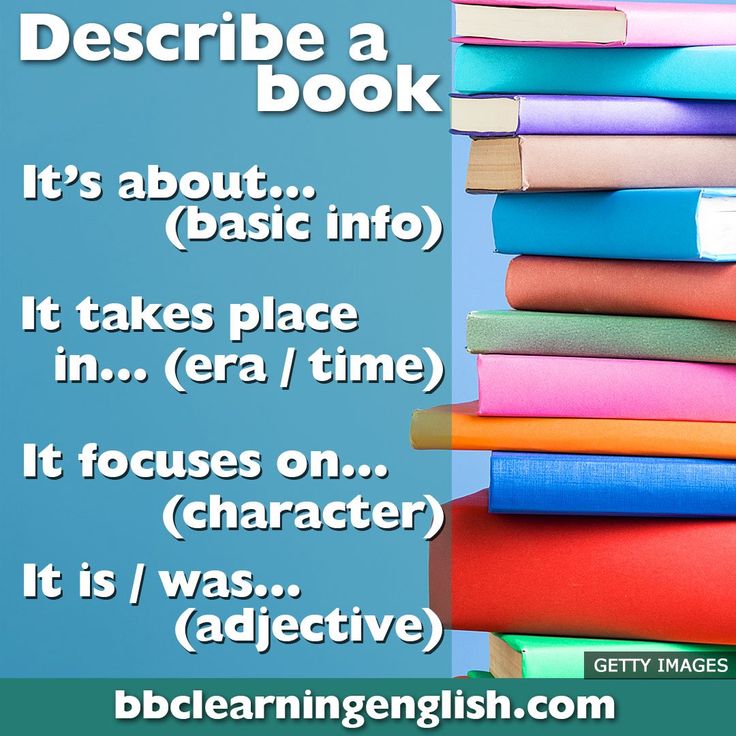 "Love for Life"
"Love for Life" M: "Mann, Ivanov and Ferber", 2020
The authors of this book are a married couple of psychologists. Both already had an unsuccessful marriage behind them, which made me wonder: why even good, love-filled relationships are often destroyed?
Initially, it seems that “the love boat has crashed into everyday life”: people are immersed in household chores, their habits do not converge, and they begin to conflict. But Hendrix and Hunt came to the conclusion that more fundamental problems lie behind domestic quarrels. In relationships with a partner, we reproduce the patterns that we saw in childhood, even if they were destructive and painful. It's the only love we've learned. nine0003
In order to help couples change their core beliefs, the authors came up with imagotherapy. It is based on dialogue. By talking and discussing your relationship with your partner, you gain positive experience and gradually change the usual pattern. This helps to come to a conscious partnership - this is how the authors call an open and healthy type of relationship.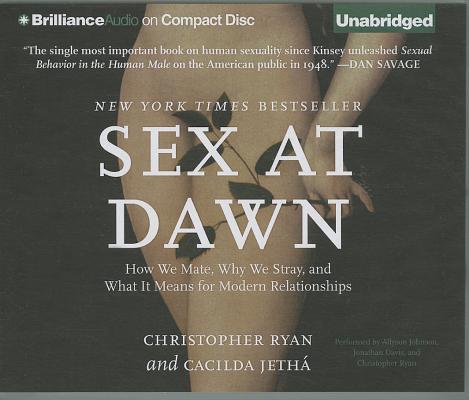
The book contains examples from therapeutic practice and exercises that can be done together with a partner.
"Love for life". Harville Hendrix, Helen Hunt
© litres.ru
John Gottman. The 7 Principles for a Happy Marriage
M: AUDR, 2018
Love concrete charts and instructions backed by science? They also exist in the realm of relationships. The clear proof is the work of John Gottman, who claims to be able to predict the future of a couple by observing them for a few minutes.
Gottman worked with various families for several years, meeting with them once a year, conducting interviews and measuring physiological parameters. Based on this data, he deduced seven factors that help maintain a long happy marriage. He put emotional intelligence at the forefront - the ability to understand one's own and other people's emotions, share them, and express one's feelings for each other. nine0003
"7 principles of a happy marriage".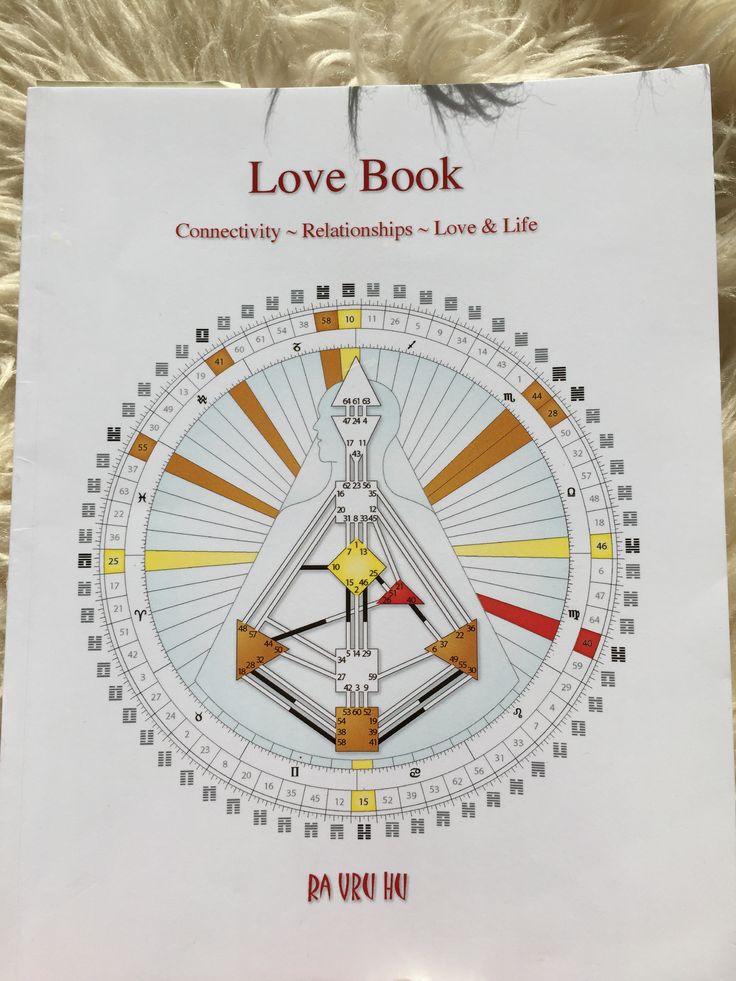 John Gottman
John Gottman
© litres.ru
Gary Chapman. "5 Love Languages"
M: "Visson", 2010
Imagine a couple experiencing relationship problems: both claim that the partner does not love them. She says: “He is always at work, sometimes on business trips. Yes, it's all for our well-being. But what is the use of this when you need a person just to be there? He replies: “I do everything so that she doesn’t need anything, and I don’t feel any reciprocal support at all.” The problem is that they have different "love languages". nine0003
According to Gary Chapman, love has five manifestations:
- gifts;
- words;
- time spent together;
- help;
- touch.
By sharing this, we feel and express love. If the languages do not match, you can love your partner very much - but he will not feel it at all.
The good news is that the book simply and clearly explains how to start a conversation about problems, get to know each other better and reach a new level of understanding. Suitable even for those who do not like psychology and do not want to understand it. nine0003
Suitable even for those who do not like psychology and do not want to understand it. nine0003
"5 love languages". Gary Chapman
© litres.ru
Tags: psychology , relationship , books
A selection of books - books about relationships, 2023
The authors of these books are experienced psychologists who know exactly how to save love, make friends, improve communication with children, make peace with parents and gain the trust of colleagues.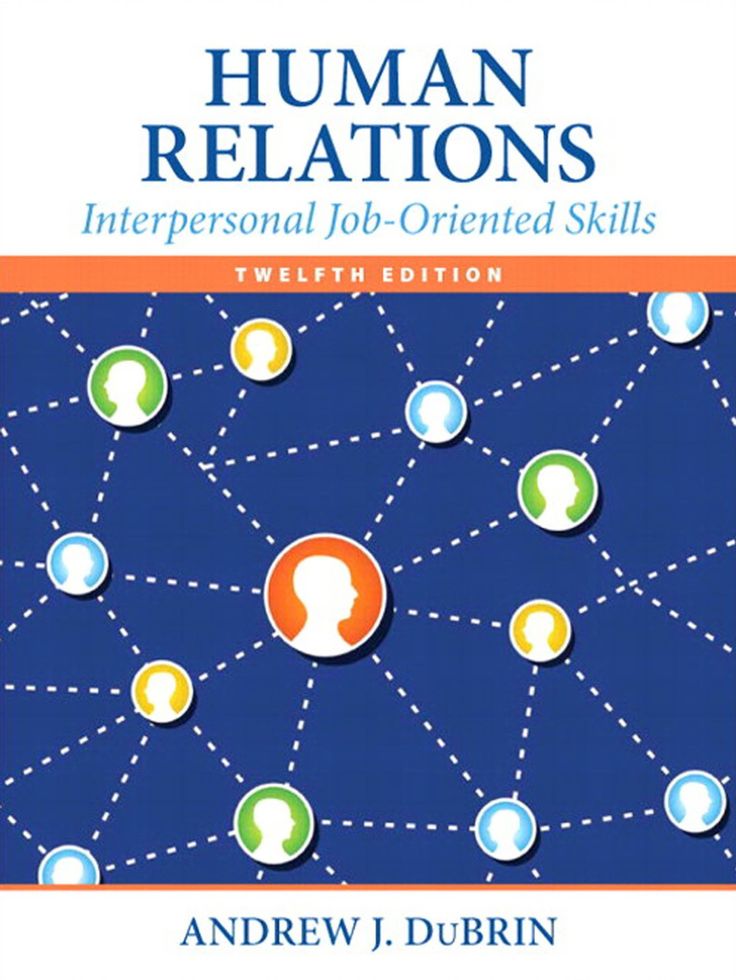 Do you want less quarrels, resentment and indifference in your life, and more mutual understanding and warmth? The tips you will find on these pages will help you.
Do you want less quarrels, resentment and indifference in your life, and more mutual understanding and warmth? The tips you will find on these pages will help you.
97 items
Featured
Featured
Cheaper firstMore expensive firstOur onlyRecommendedBy discount size
774 ₽
910 ₽
NEW
Practical Guidelines for resolution of
1 397 ₽
NEW
Neural Fundamentals Love for Life
₽745
₽876
Fascinating exploration of emotions translated into 20 languages
987 ₽
1 161 ₽
Novelty
On five elements of adult love
1 029 ₽
Secret techniques that will help to master the charisma
857 ₽
1 ₽
of a large mommy and households, which is, which started a new life at age 51
1 279 ₽
Bestseller
The New York Times Bestseller
1 008 ₽
Philosophy of dharma and wisdom of Ayurveda in modern understandable language
002 886 ₽
1 042 ₽
Bestseller
Wise lessons about love and life that are as relevant now as thousands of years ago
Grigory Oster for adults. Aptly, topically, sparkling
Aptly, topically, sparkling
1 046 ₽
1 230 ₽
Besseller
10 steps to conscious relations
1 612 ₽
Besseller
How to strengthen love with dialogue
1 397 ₽
Besseller
Scientific answers to questions about the female body and sexuality
1 612 ₽
will teach to recognize emotions and manage them
1 459 ₽
1 717 ₽
A new author's method of therapy for
1 161 ₽
Revolutionary leadership from spouses, which are already together 24 years
1 390 ₽
10 steps for the development of spiritual intelligence
1 034 ₽
1 216 ₽
The most authoritative and cited book about an internal child
1 037 ₽
1 220 ₽
will help the partner, respecting its own borders
1 161 ₽
, based on neurobiology and psychotherapy methods
1 508 ₽
will help solve conflicts in the family and at work
will teach to recognize emotions and Manage Them
From the best-selling author of Hold Me Tight and Feeling in Love
$1,453 $90,003 $90,002 Practice Exercises for Strong Relationships
$90,002 $898 $90,003 $90,002 $1,056 $Updated publication of the most popular bestseller about female sexuality
1 612 ₽
Tools to identify injury and its healing strategy
1 087 ₽
1 279 ₽
On the period of prenopause and menopause
1 056 1 056 1 056
A wise and fresh look at relationships: how to overcome differences and become closer
1 161 ₽
Helps the child to make friends and overcome difficulties
1 216 ₽
How to create a reliable and harmonious relationship
1 334 ₽
A story about trauma, and overcoming.